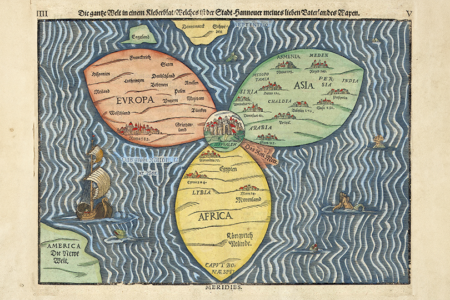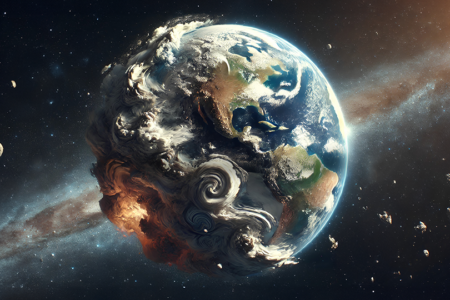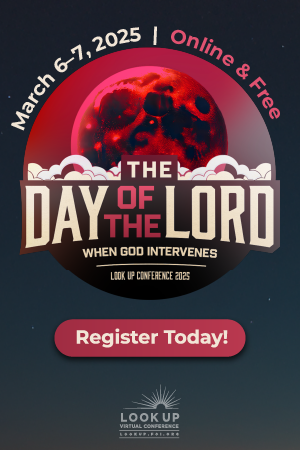Understanding Jewish Tradition The Jewish View of the Messiah
The term Messiah (Heb. Mashiach) means “anointed one.” It was customary for Jewish people to consecrate their priests and kings by pouring anointing oil over them (cf. Aaron, Ex. 30:30; Saul, 1 Sam. 10:2; David, 1 Sam. 16:13). Figuratively, the oil was symbolic of being set apart by and endowed with the power of God for special service.
During the prophetic period of Israel’s history, the Jewish people were promised that God would raise up a redeemer from the seed of David who would bring physical deliverance from their Gentile enemies, restore the Temple, and reestablish the kingdom rule of David (cf. Isa. 9:6-7;.11:1-2, Jer. 23:5).
In the time of the second Temple (Herod’s Temple), messianic hope was very strong. The Jewish people looked for a political Messiah who would deliver them from the iron heel of Roman occupation and oppression. It was during this time that Jesus Christ lived, but according to Jewish teaching He did not fit the description of the promised Messiah. For the Jew, Messiah was to be from the family of David, a military and political leader who would rule as king, and one who would bring everlasting peace to Israel. Jesus, on the other hand, was born into a poor family. He was never the king of Israel, nor did He bring peace to Israel but was crucified by the Romans.
After the second Temple was destroyed in 70 C.E., Jewish people were scattered throughout the world. Suffering discrimination and persecution in Asia, Europe and Africa, the Jewish people clung to the hope that a personal Messiah would soon come and bring redemption from their suffering, reestablish them in the land of Israel, and bring everlasting peace.
While in the diaspora, many pseudo-messiahs have made their appearance proclaiming that they were sent from God to deliver the Jewish people from oppression. Many of these false messiahs came to a sad end. Some were imprisoned or killed, while others converted to various religions to escape punishment or death.
Traditional Judaism (Orthodox and Conservative) never viewed the Messiah as a God-Man, but only a man with unusual power from God who will manifest the lities of a prophet, priest and king in Israel. They have described the Messiah in a dual role. First would come the “suffering servant (Messiah ben Joseph), who would die in battle against the enemies of Israel, preparing the way for the second Messiah. The second Messiah would be a descendant of King David (Messiah ben David), and would redeem Israel and rule over her at the end of days. Messiah ben David will secure the land of Israel for the Jewish people, bring peace and blessing to Israel and the world, rebuild the Temple on its historical site, and reinstitute the sacrificial system.
Modern Judaism (Reform) has reinterpreted the messianic hope. Instead of a “personal Messiah” , there will come a messianic age which is brought about through the humanist progression of world leaders negotiating for peace. When universal peace, righteousness and justice are established in the world, then Israel will enjoy peace in tier land forever.
Throughout their long history, the Jewish people have renewed the messianic hope during times of persecution and suffering, but that hope becomes dim when Jewish people live in peace and security.






